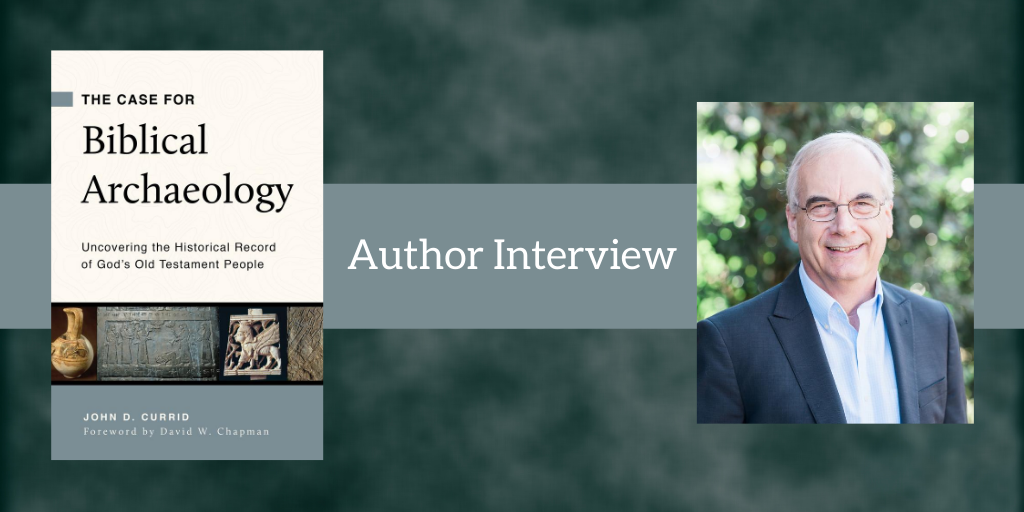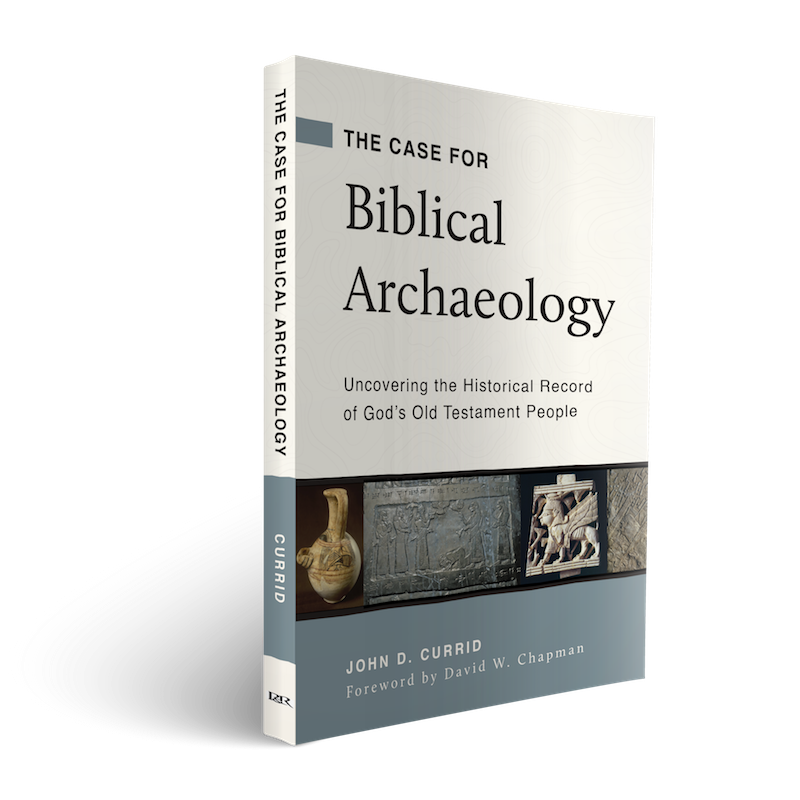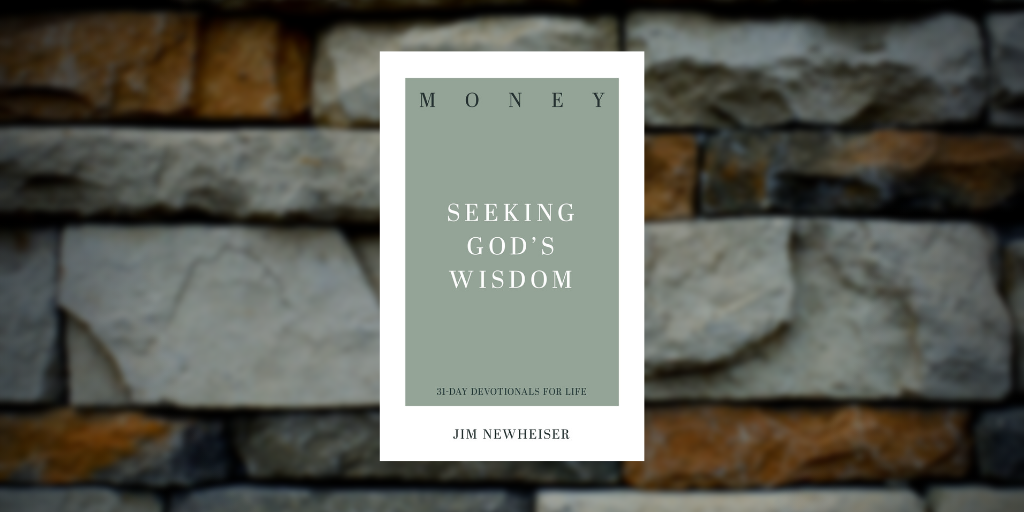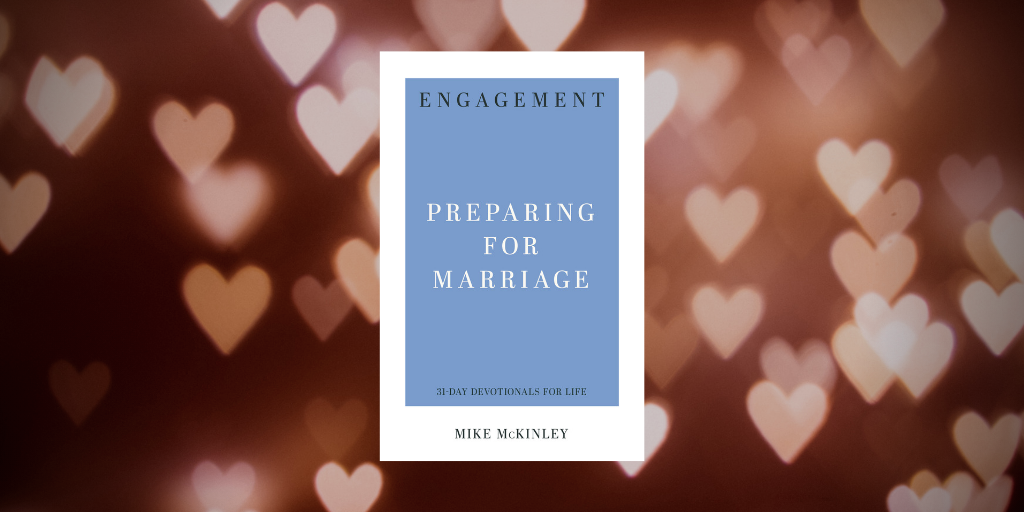
Why should two guys who aren’t even thirty write a book on the first years of marriage?
We asked the same question.
Neither of us has been married for longer than ten years. There is still a lot of marriage for us to experience. We’re young pastors. Our kids are young. We have just exited “the first years” of marriage ourselves. There are plenty of good resources out there on marriage already. Isn’t this presumptuous? Shouldn’t we just keep our heads down while those who have more years under their belts speak to these issues?
Surprisingly, those questions are the very reason we began writing.
Before we say any more, let us say upfront: we know we have blindspots and immaturities. We’re not pretending to be experts. That will become obvious quickly. The chapters of our book are short, and we are ready to recommend lots of resources from authors with decades more experience than us.
We felt burdened to start a conversation. We had just finished our “first years of marriage,” and we had started to see some typical problems and consistent patterns emerge. The early years of marriage involve unique struggles and opportunities. Most books on marriage are aimed at addressing timeless problems with timeless truths that are found in Scripture. That is always needed. But we felt burdened to offer some tailor-fit guidance for people who are in the season of marriage that we had just exited. That season is fresh on our minds.
Picture us, then, not as veterans of marriage who are sharing sage stories of years long past. Instead, think of us as fellow soldiers in the trenches who have been here a few years longer than you have. We want to share with you what we have learned since we’ve gotten here, some pitfalls to watch out for, and a weapon that is absolutely necessary if you want to make it to victory.
That weapon, of course, is the Bible.
We believe that the Bible, not us, is a sufficient source of marriage advice. That means that age and experience are important, but the helpfulness of any marriage advice should be determined by how faithfully it reflects God’s Word—not whether or not it comes from someone who has been married for a long time. You can have wrinkles and yet no wisdom, and you can also be young and have lots of it. God’s Word is what makes the difference (see Ps. 119:99–101)
Our goal in this book is not to point you to ourselves, our experience, or our advice. Our goal is to point you away from ourselves and to the only source of real help: Jesus Christ as he is revealed in Scripture.
We wrote this book on the first years of marriage with the later years of marriage also in view. These years are deeply influential.
The way you talk and think about sex and children and money and conflict now influences the way you’ll be talking about these things on your thirtieth anniversary. We want those conversations to be shaped by Scripture and conformed to Christ.
Our prayer is that, as you read, you will hear the familiar words of the person who is most qualified to talk about marriage—Jesus Christ (who never married)—and will forget all about us. And we also pray that, as we all listen to him, our marriages would look more and more Christlike during the first years and every year that follows.
—Sean Perron & Spencer Harmon, Letters to a Romantic: First Years of Marriage
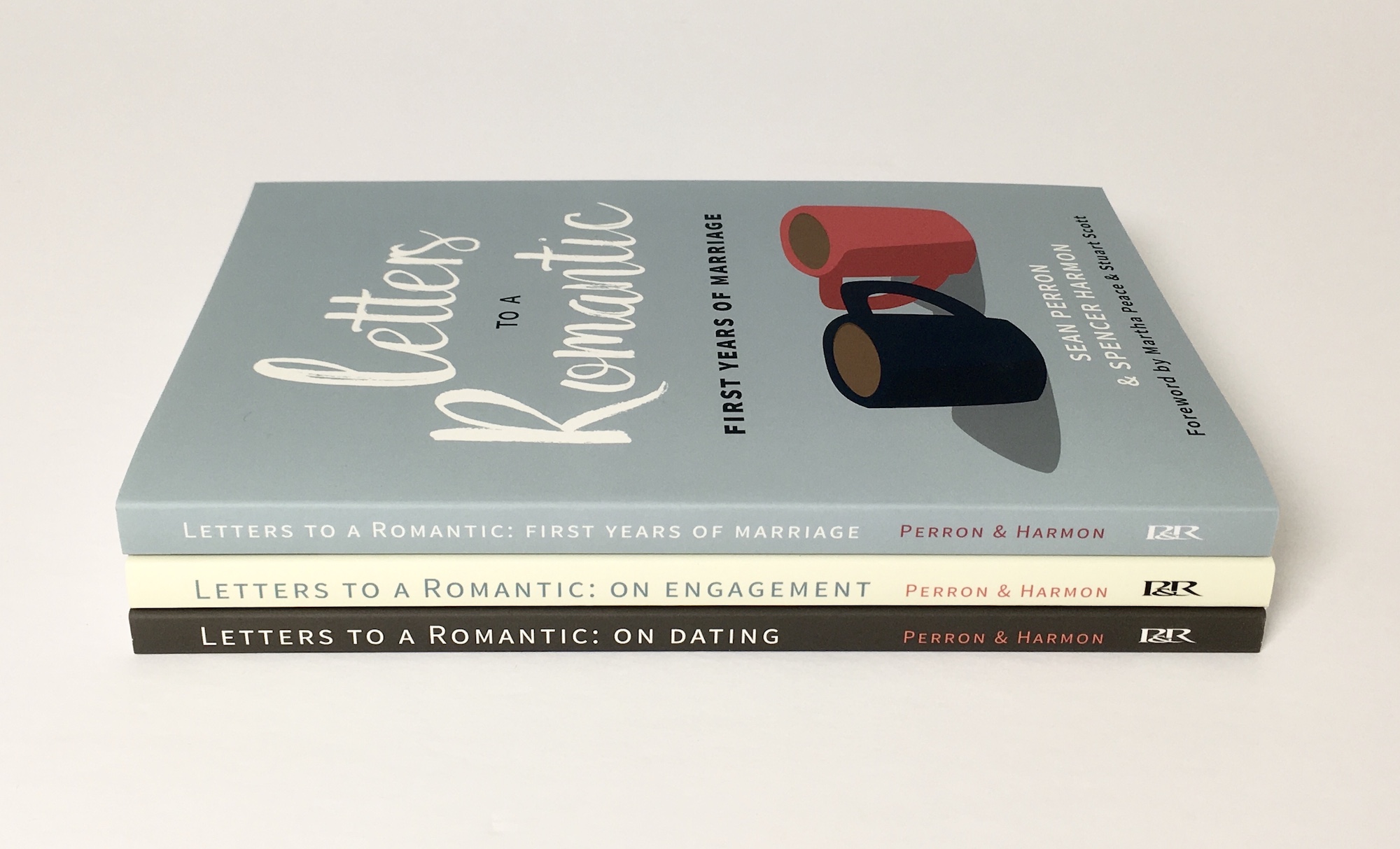
Books by Sean Perron & Spencer Harmon
- Letters to a Romantic: On Dating
- Letters to a Romantic: On Engagement
- Letters to a Romantic: First Years of Marriage
About the Authors

Spencer Harmon serves as the campus pastor at First Baptist Church’s Nocatee Campus in Jacksonville, Florida. He and his wife, Taylor, live in Saint Johns, Florida, and have two daughters and one son.

Sean Perron (MDiv, The Southern Baptist Theological Seminary) is the associate pastor at First Baptist Church in Jacksonville, Florida. He is a certified biblical counselor who has a specialization in marriage counseling, and he was previously the director of operations at the Association of Certified Biblical Counselors (ACBC). He and his wife, Jennifer, have one son.


